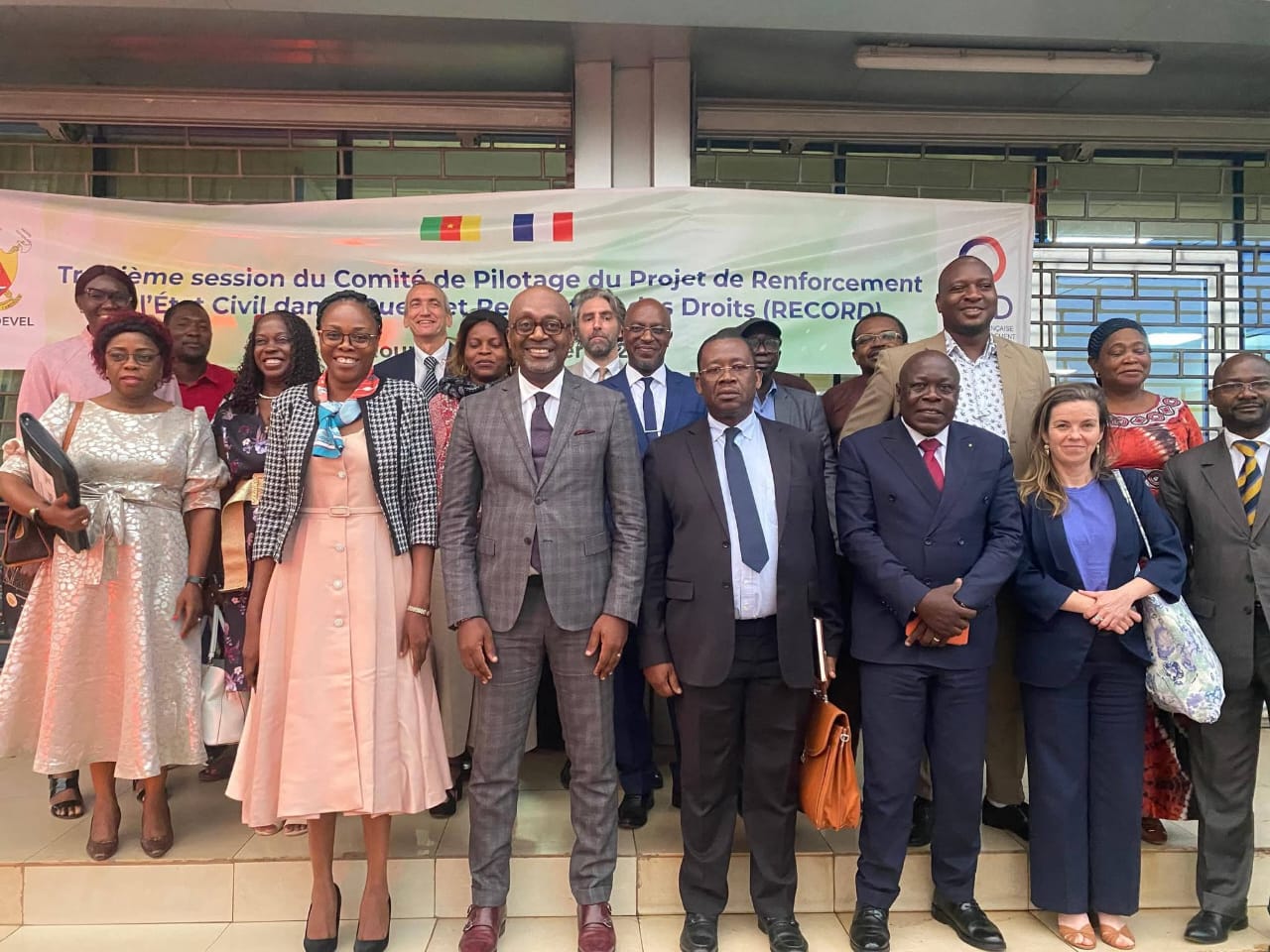The number of pregnant and lactating women suffering from acute malnutrition has increased by 25% since 2020 in 12 countries at the “epicentre” of the global food crisis, UNICEF warned on Monday March 6 2023.
The international institution underlined the deleterious consequences for their children. The report, based on analysis of data on underweight and anaemia in almost every country, estimates that more than one billion women and adolescent girls worldwide are undernourished — leading to underweight and short stature — and suffer from deficiencies of essential micronutrients and anaemia.
The majority of these are in the poorest regions. South Asia and sub-Saharan Africa account for 68% of underweight women and adolescent girls and 60% of those suffering from anaemia. These nutritional deficiencies have an impact on the well-being of these women, but also on their children, Unicef points out, noting that “poor nutrition is passed on from generation to generation”.
Malnutrition not only increases the risk of neonatal mortality but also “impairs fetal development, with lasting effects on children’s nutrition, growth and learning, and their future ability to provide for themselves.
“Globally, 51 million children under the age of two are stunted. We estimate that in almost half of these cases, stunting occurs during pregnancy and the first six months of life, when a child’s nutrition is entirely dependent on the mother,” says the report, which pays particular attention to pregnant and lactating women.
It estimates that between 2020 and 2022, the number of pregnant or breastfeeding women suffering from acute malnutrition increased by 25%, from 5.5 to 6.9 million, in 12 countries in food crisis (Afghanistan, Burkina Faso, Chad, Ethiopia, Kenya, Mali, Niger, Nigeria, Somalia, Sudan, South Sudan and Yemen) “If the international community does not act urgently, this crisis could have lasting consequences for future generations,” warned UNICEF Executive Director Catherine Russell in a statement. “To prevent undernutrition in children, we must also address malnutrition in adolescent girls and women.” Unicef calls for women and girls to be given priority in access to nutritious food




